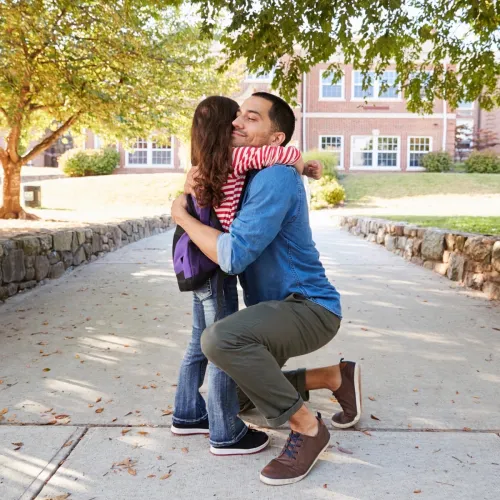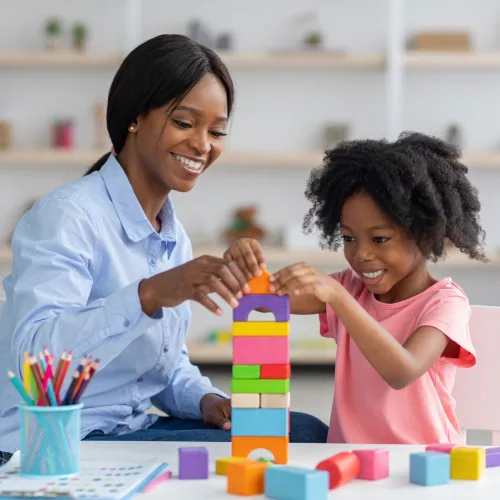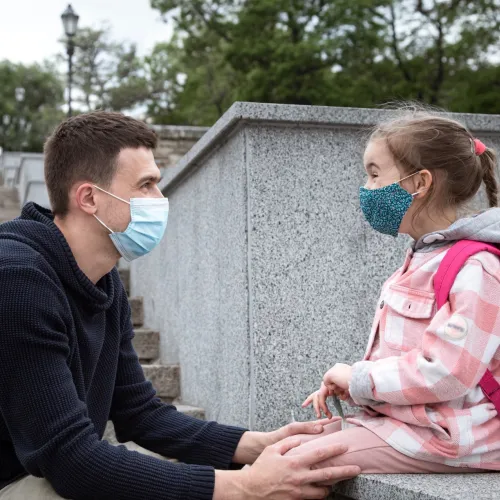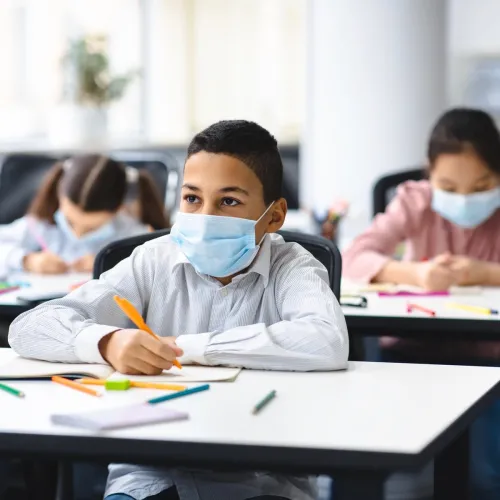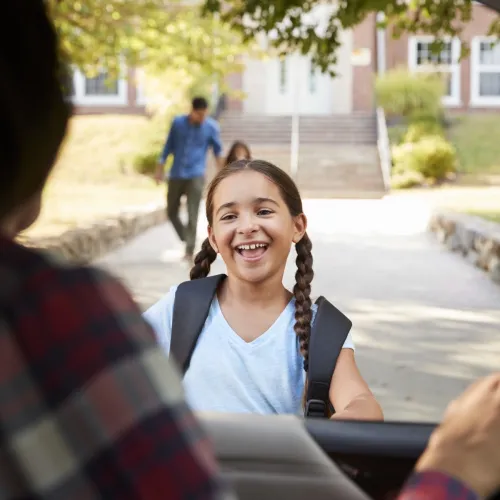Dear Marsha: Navigating the Impact of Emotional Harm in Co-Parenting
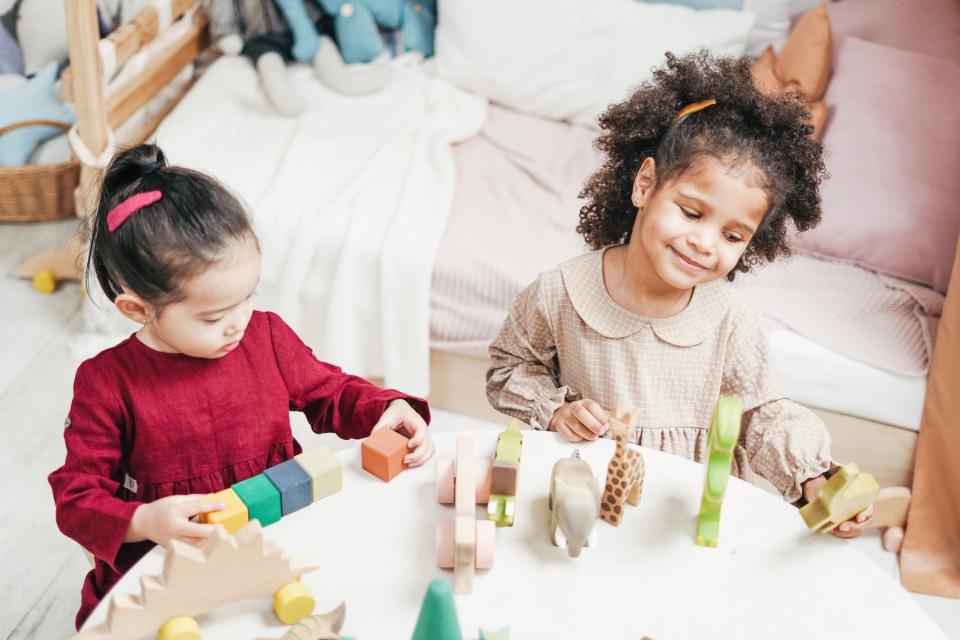
In the case that there is a history of emotional abuse between the parents, the parent-child bond should not necessarily suffer as a consequence. At the same time, children should be raised to become aware of and resilient in case they become recipients of emotional abuse. How do you recommend navigating this dilemma?
Emotional harm between parents can have a negative impact for both parents and children. Every effort should be made to protect children from the exposure of emotional harm. For children to become resilient in the face of emotional harm, they need to have parents who will protect them and buffer them against the negative consequences of abuse in whatever form it appears.
Parents need to be mindful that children’s individual reactions will differ and that their response to the harm will be as individualized as the children themselves. Children may or may not show emotional signs of distress, and they may choose not to talk about it with a parent (especially if they already feel stuck in the middle or with the abusing parent). Making sure the children get the help needed to understand what is happening and take steps to protect themselves is important for building resiliency and protecting them from long term harm.
Children need an outlet (group programs, therapy, counsellor) to talk about their feelings outside of their family so they can talk freely about what worries them and how they think things need to change to make things better. Building resiliency in children is about empowering them to feel control over a situation and providing them with a voice so that they can talk to others and feel heard.
Take Marsha's Survey on Co-Parenting
Assist Dr. Marsha Kline Pruett with her research on what shared parenting is like across different families by taking this survey. All submissions are entirely anonymous.

